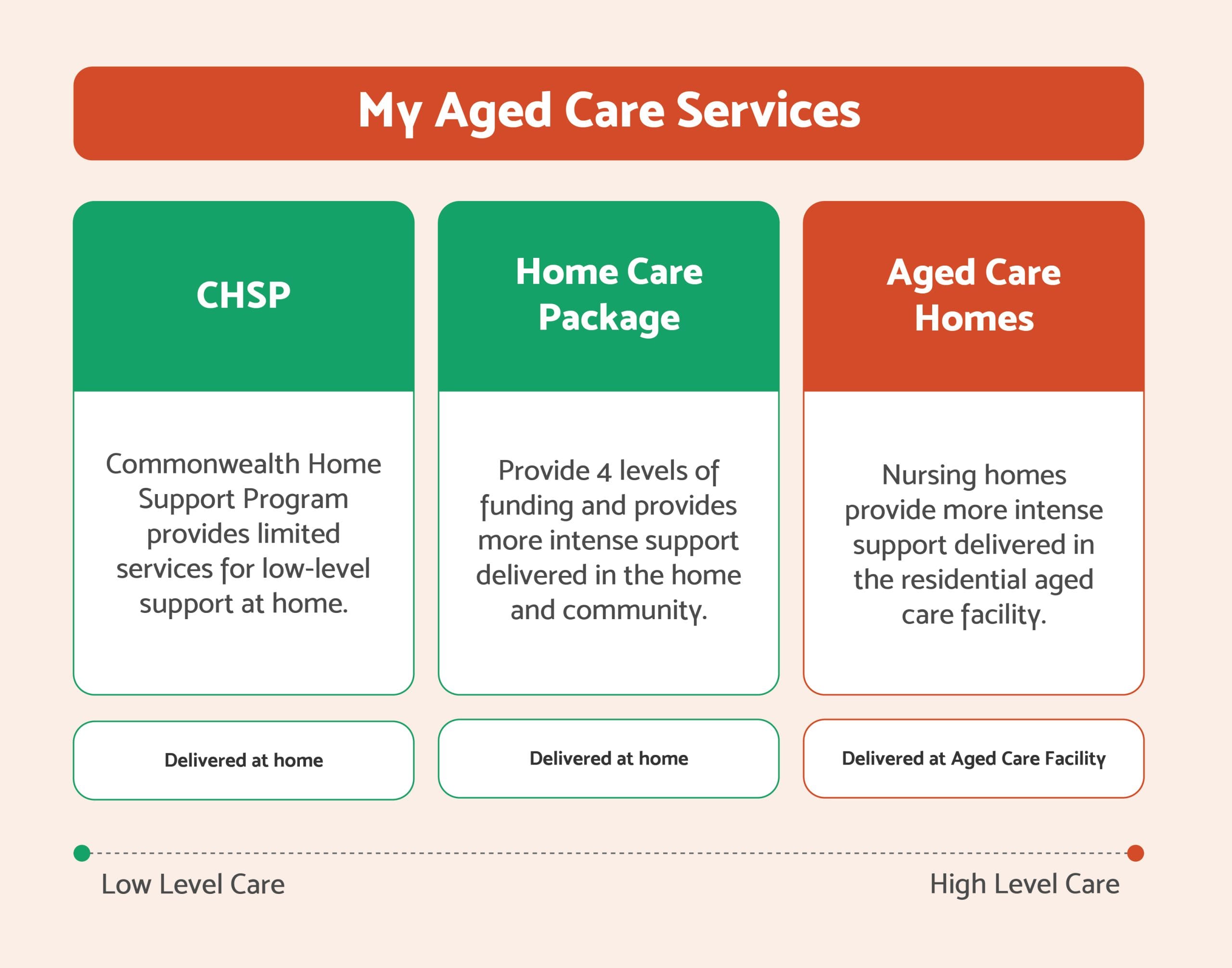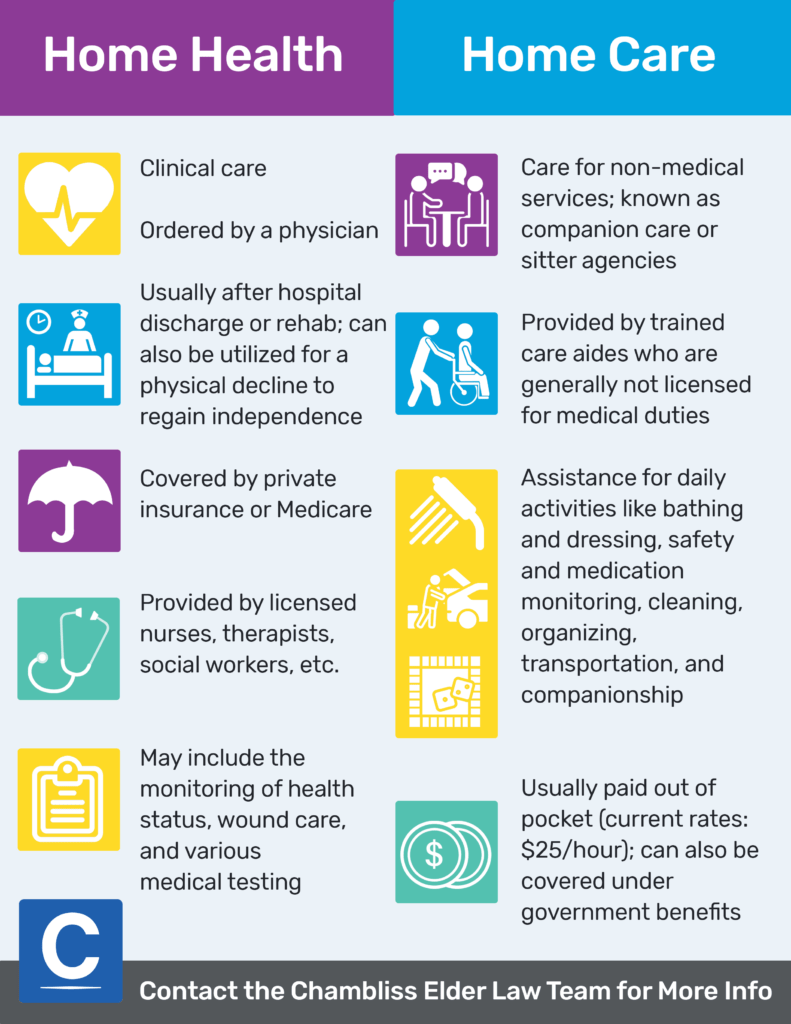The role of home care package providers in long-term disability care planning
The role of home care package providers in long-term disability care planning
Blog Article
Everything About Home Treatment Services for Individuals With Disabilities: NDIS Registered Support
Home treatment solutions under the NDIS play a critical duty in supporting people with disabilities. These services are designed to boost daily living through tailored help, varying from personal treatment to mobility assistance. Recognizing exactly how to navigate these options can be complicated. This introduction checks out the numerous aspects of NDIS home treatment, from offered services to the selection of suppliers, highlighting essential factors to consider for those looking for assistance. The journey toward empowered care begins below.
Comprehending the NDIS and Its Objective
The National Impairment Insurance Coverage Scheme (NDIS) offers as a transformative structure created to provide assistance and solutions for people with impairments. Developed to improve the quality of life and warranty fair access to crucial resources, the NDIS encourages participants by providing personalized plans customized to their special needs. It intends to cultivate freedom, enabling individuals to seek their individual objectives and aspirations.Through a structured approach, the NDIS assigns financing for various supports, consisting of education and learning, employment help, and neighborhood participation. This all-encompassing system not just concentrates on immediate treatment however additionally highlights long-term developmental end results. By promoting choice and control, the NDIS urges individuals to choose their favored solution suppliers, assuring that treatment lines up with their preferences and worths. Eventually, the NDIS stands for a substantial dedication to improving the lives of people with disabilities, promoting inclusivity, and developing an extra encouraging culture.
Types of Home Treatment Provider Available
Various types of home care solutions provide to people with impairments, largely concentrating on individual treatment aid and respite care choices. Individual treatment aid provides crucial assistance with everyday activities, while respite care provides short-term alleviation for key caregivers. Comprehending these services is vital for guaranteeing the well-being of both people with specials needs and their family members.
Personal Treatment Support
While steering life can provide obstacles for people with handicaps, personal treatment assistance supplies necessary assistance customized to their distinct requirements. This kind of home care solution includes a variety of tasks created to advertise self-reliance and improve high quality of life. Individual care assistants help with everyday jobs such as bathing, clothing, grooming, and toileting, making sure individuals keep personal hygiene and convenience. They might likewise aid with dish prep work, medication administration, and wheelchair support. By providing individualized treatment, these experts encourage individuals to involve even more fully in their day-to-day regimens and social activities. Generally, individual care aid plays a significant duty in fostering self-respect and autonomy for those with handicaps, allowing them to flourish in their home environment.

Break Care Options
Respite treatment works as an important resource for families and caretakers of individuals with disabilities, offering short-lived alleviation from the needs of daily caregiving. This kind of service can take various kinds, consisting of at home reprieve care, where skilled experts visit the home to help with care tasks. Alternatively, households might select facility-based reprieve care, where individuals get care in a customized environment, permitting caregivers to pause. Additionally, some organizations offer emergency situation break services for unexpected conditions. These options not only aid relieve caregiver stress and anxiety however additionally advertise the wellness of people with disabilities by supplying them new experiences and social interaction. In general, break treatment plays an important duty in supporting both caretakers and those they take care of.

Exactly How to Access NDIS Home Care Providers
Accessing NDIS home care solutions entails understanding the qualification requirements set forth by the National Special Needs Insurance Coverage Plan. Individuals need to browse an organized application process to protect the needed support customized to their needs. This area will clarify both the qualification requirements and the steps entailed in obtaining solutions.
Eligibility Standards Described
To get NDIS home care solutions, individuals need to satisfy specific eligibility requirements that assess their conditions and demands. First, applicants need to be aged between 7 and 65 years and have a permanent and considerable disability that influences their ability to do daily activities. Additionally, they need to be an Australian person, a long-term local, or hold a Protected Special Category Visa. The NDIS calls for proof of the special needs, commonly with medical evaluations or records. Moreover, people need to show that they require support to get involved in social and economic life. These standards ensure that services are directed in the direction of those who really need aid, promoting independence and boosted high quality of life for individuals with handicaps.
Application Refine Actions
Can I Choose My Very Own Support Employees Via NDIS?
The specific asked whether they can choose useful source their own assistance employees under the NDIS structure. Typically, individuals have the adaptability to select support employees, promoting customized care that straightens with their particular requirements and choices.
What Takes place if My Demands Change After Receiving Support?
If a person's needs change after receiving assistance, they must interact these adjustments to their service copyright. Modifications can be made to the care strategy, making certain that home care package providers the assistance remains effective and relevant for their conditions.

Are There Restricts on The Amount Of Hours of Care I Can Get?
The specific asked about potential restrictions on the number of care hours obtained. Generally, such limits might exist based on certain plans or funding setups, stressing the value of assessing arrangements and guidelines routinely.
Can I Use NDIS Funding for Home Alterations?
The concern of using financing for home adjustments emerges often. Typically, individuals may use NDIS funding for essential adjustments to their homes, making sure ease of access and safety, contingent upon meeting specific eligibility criteria and guidelines.
Exactly how Do I Take care of Issues Regarding My Home Care Providers?
To deal with complaints regarding home treatment solutions, individuals need to initially document their issues. Then, they can interact directly with their provider, seeking resolution, or escalate the concern to appropriate oversight bodies if essential. Home care services under the NDIS play a pivotal role in sustaining people with disabilities. Different kinds of home care solutions cater to people with disabilities, mainly focusing on personal care help and break treatment options. home care package providers. Personal care support supplies necessary support with daily tasks, while reprieve treatment provides short-lived alleviation for key caregivers. Family members might opt for facility-based reprieve care, where people receive treatment in a specific environment, allowing caretakers to take a break. Just how can family members properly take care of the economic facets of home treatment services for individuals with impairments?
Report this page